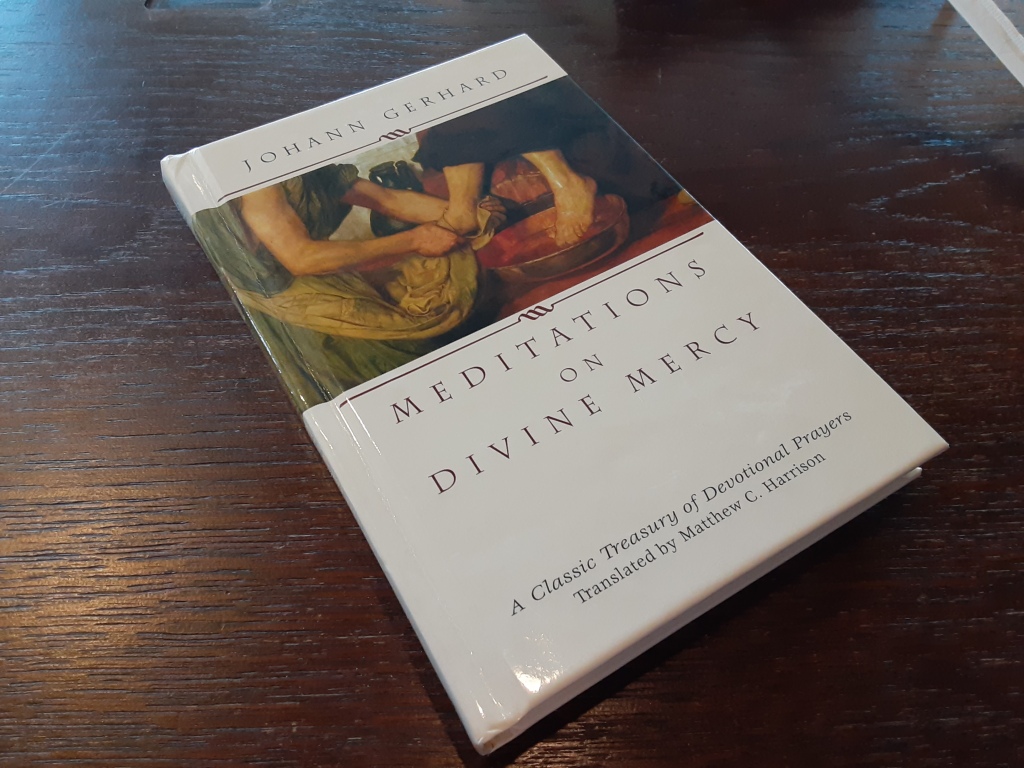During a beautiful ten-hour road trip yesterday, I enjoyed listening to Dr. Fickenscher’s discussion of this Sunday’s Scripture readings. I loved how he brought together Abraham’s plea for Sodom in Genesis 18 and Jesus’ teaching on prayer in Luke 11. Abraham, although admitting that he is “but dust and ashes” (Gen. 18:27), boldly makes his request to God. He exemplifies the bold persistence commended in Luke. Jesus tells the story of a man who comes to his friend in the middle of the night to request bread for a guest. The friend gets up and helps him, not because of his friendship but because of the man’s impudence (Luke 11:5-8). Dr. Fickenscher noted that the word translated “impudence” or “persistence” also means “shamelessness.” It is only because God is the initiator of prayer and because our prayer is through Christ that we pray to our Father without shame.

The wonder of being able to pray shamelessly through Christ inspired me to compose a poem (which I had plenty of time to do, given the length of the drive). I recently read some of Johann Gerhard’s prayers in Meditations on Divine Mercy, and I have been struck by how his confession of sin always turns into a plea that God would look upon Christ’s righteousness instead. Here are a few examples:
- Original sin – “I place before You the holy conception of Your Son in place of my foul, unclean nature” (p. 33).
- The sins of youth – “For the disobedience of my youth, I offer to You, holy Father, the obedience of Your Son. I offer to You the perfect innocence of the One who became obedient to You, even to death, even death on a cross” (p. 35).
- Daily lapse into sin – “For these sins that I commit every day of my life, I offer to You, O holy Father, the precious blood of Your Son, which was poured out on the altar of the cross” (p. 37).

Through Christ’s righteousness, our prayer is acceptable to God. The Father hears us because we are in Christ, our Savior and Intercessor. Our sin covers us with shame. Isaiah writes, “But your iniquities have made a separation between you and your God, and your sins have hidden his face from you so that he does not hear” (59:2). But Christ covers us with His righteousness and brings us before God. “Let us then with confidence draw near to the throne of grace” (Heb. 4:16).
*****
Shameless
Holy Father, bend Thine ear
To the prayer You’ve said You’d hear.
I who am but dust and ash
Come before Thee unabashed.
Shameless kneel before Thy throne
For Thy Spirit for me groans.
And Christ my Savior intercedes
And for my full acquittal pleads.
I whose thoughts and words are chaff
Claim Christ’s prayer on my behalf.
Do not look upon the sin
In which I from youth have been.
Look on Your beloved Son
By whose passion I am won.
Look on Him who lovingly
With Word and water washes me,
Presents me spotless in His sight,
Clothed in His pure robe of white.
Hear the prayer Christ prays for me.
Look on Christ; His purity see.
